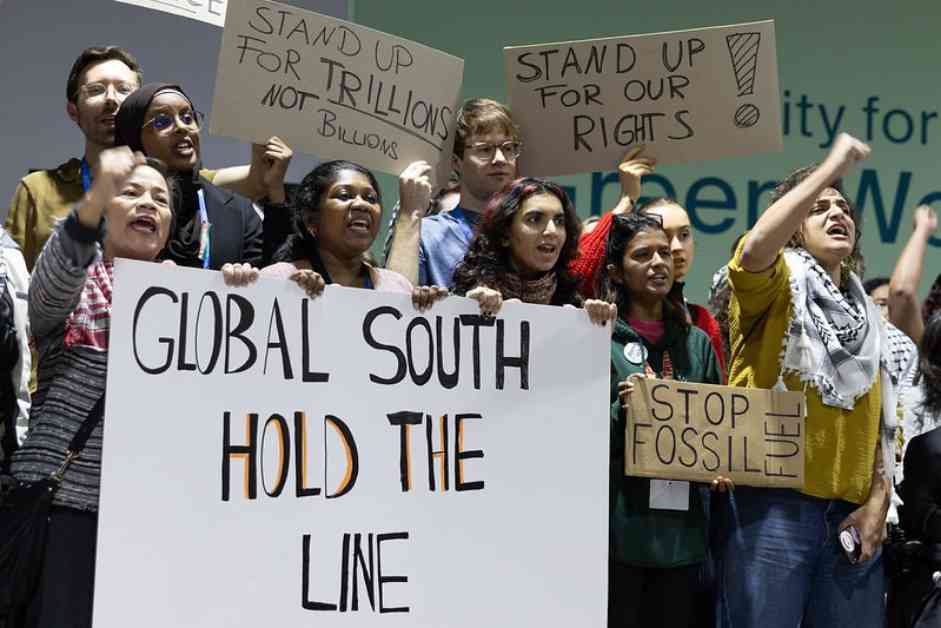The COP29 UN climate change conference in Baku concluded with a mix of hope and disappointment as key outcomes were met with both praise and criticism. From a new $300 billion yearly climate finance deal to stalled emissions-cutting talks, the summit left many unresolved issues in its wake.
New Climate Finance Goal
The spotlight was on negotiations for a new collective quantified goal (NCQG) for climate finance, with developed countries reticent about revealing their financial commitments. Developing nations pushed for $440 billion to $900 billion per year, sparking tensions that culminated in a last-minute offer of $300 billion annually by 2035, leaving some countries dissatisfied.
Cutting Greenhouse Gas Emissions
Discussions on implementing recommendations from the previous year’s global review of climate policies hit roadblocks. Saudi Arabia’s opposition to referencing fossil fuels in the text disrupted progress on transitioning to cleaner energy, delaying discussions on renewable energy targets and emissions reductions.
Just Transition
Negotiations on supporting workers and communities impacted by the shift away from fossil fuels failed to reach a consensus. Developed countries’ focus on national dimensions over global cooperation hindered the allocation of necessary funds for a just transition, leaving many countries at odds over the lack of financial support.
Global Goal on Adaptation
Efforts to advance the global goal on adaptation faced challenges due to disagreements on implementation mechanisms and funding sources. The launch of the Baku Adaptation Road Map aims to address these issues and pave the way for further discussions in 2025.
Despite these setbacks, the conference saw progress in establishing a new global carbon market under the Paris Agreement’s Article 6, marking a significant breakthrough after years of negotiations. However, concerns linger over the quality of carbon credits and transparency issues that could impact the effectiveness of emissions reductions.
As the world grapples with the urgent need to address the climate crisis, COP29 highlights the complexities and challenges of global climate governance. The path forward requires continued dialogue, cooperation, and collective action to achieve meaningful and impactful solutions for a sustainable future.














